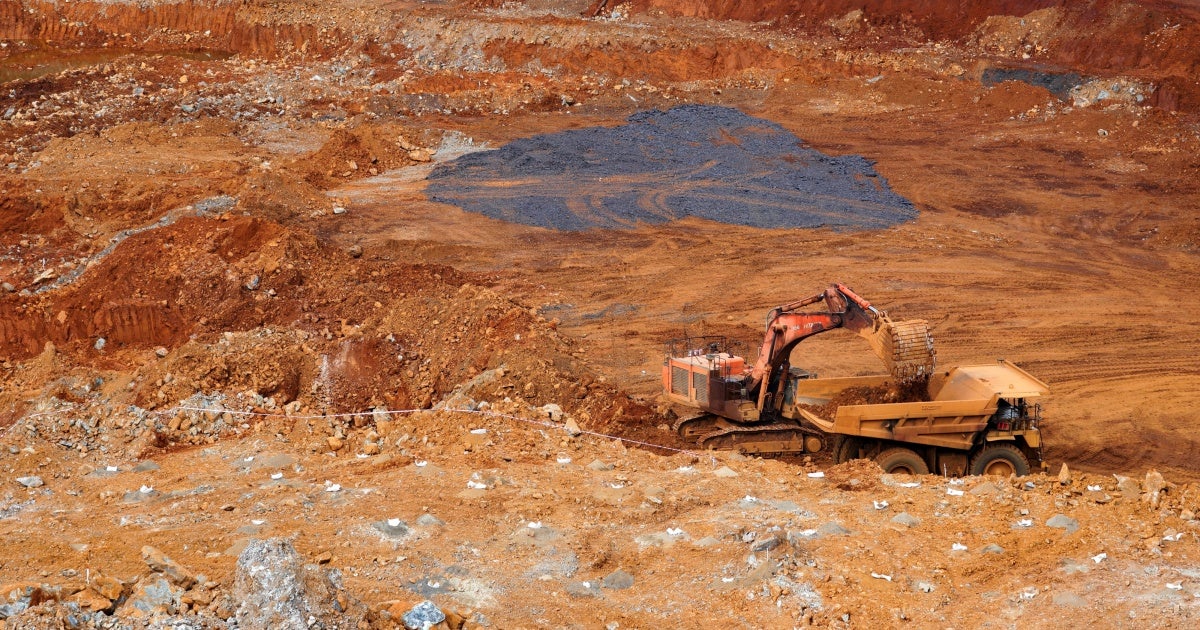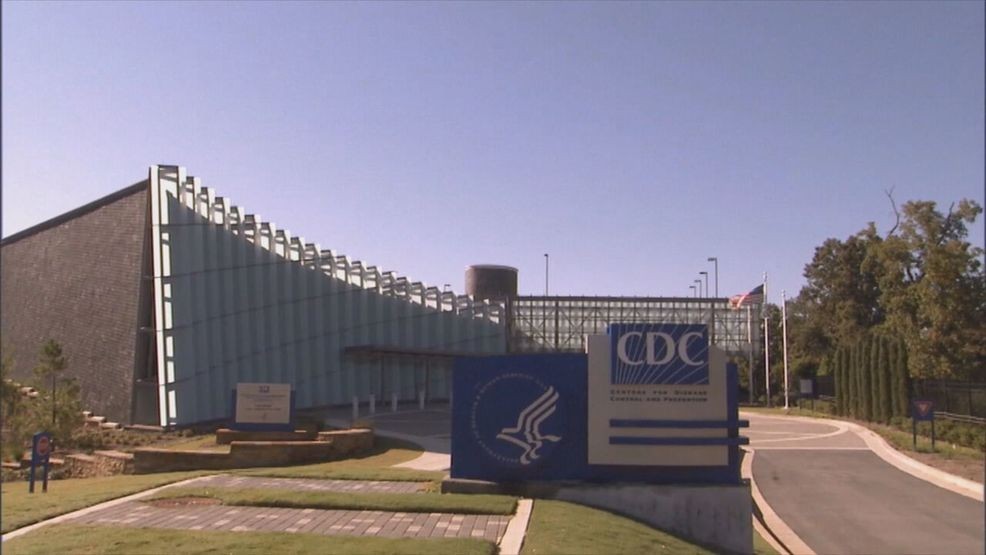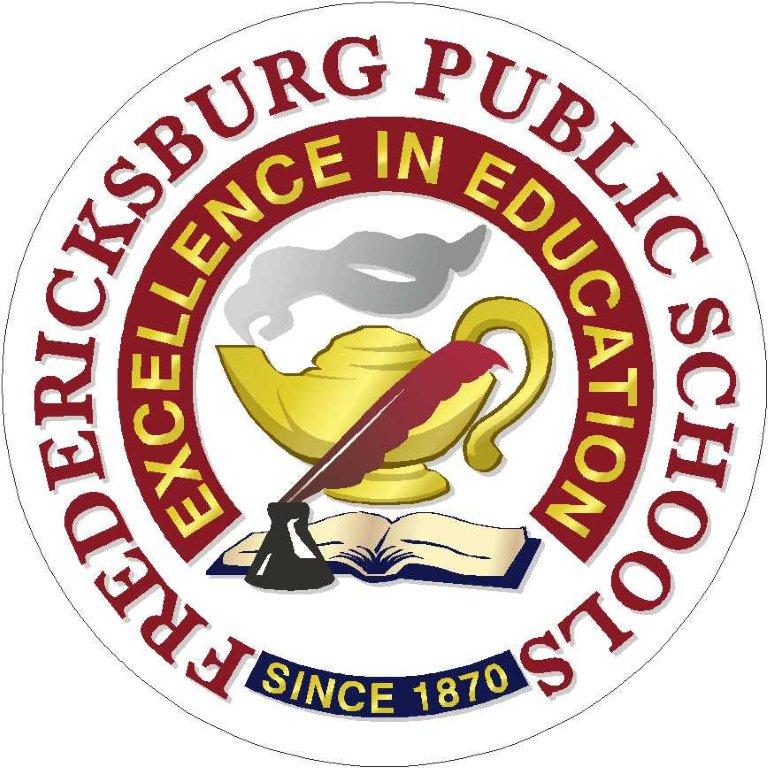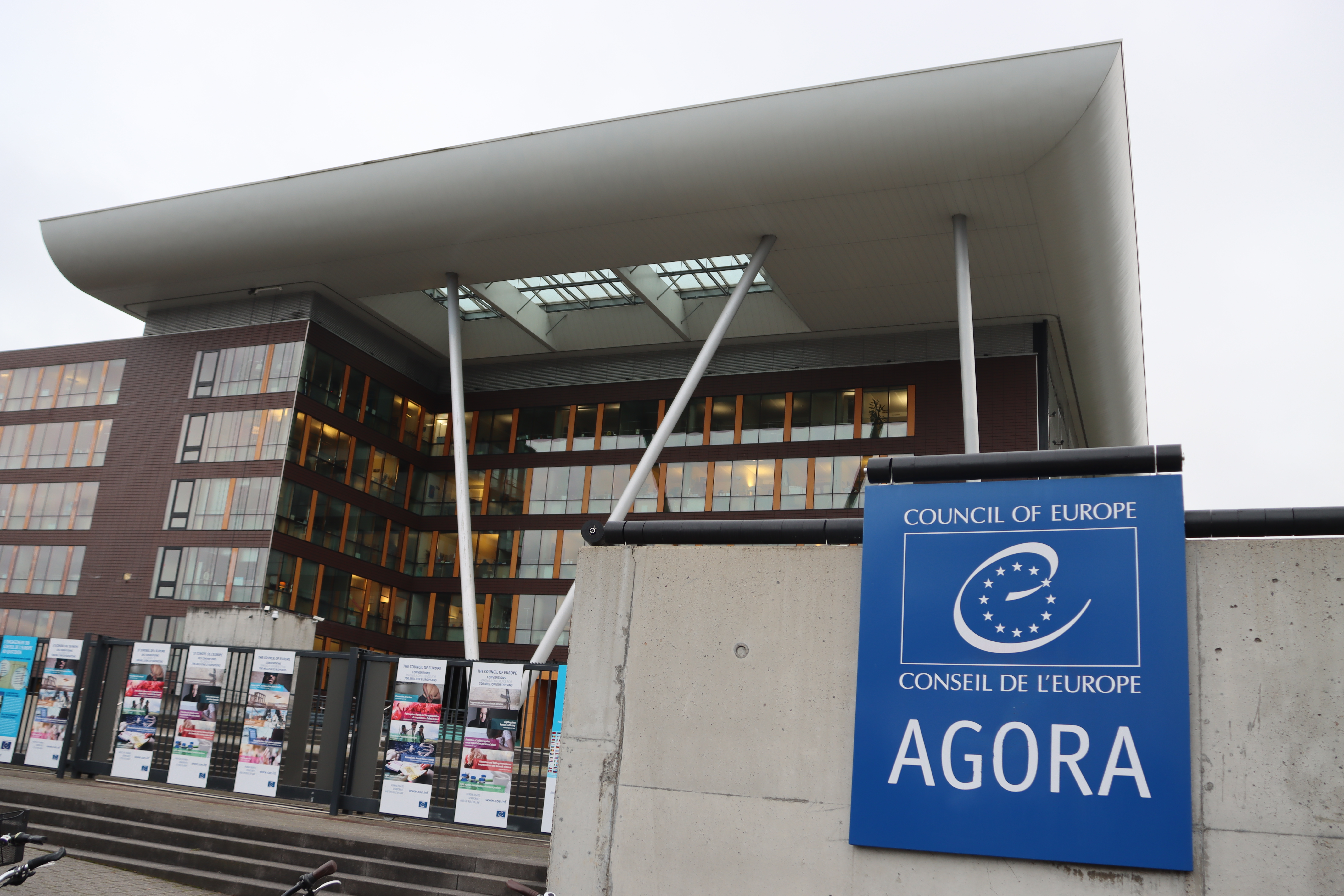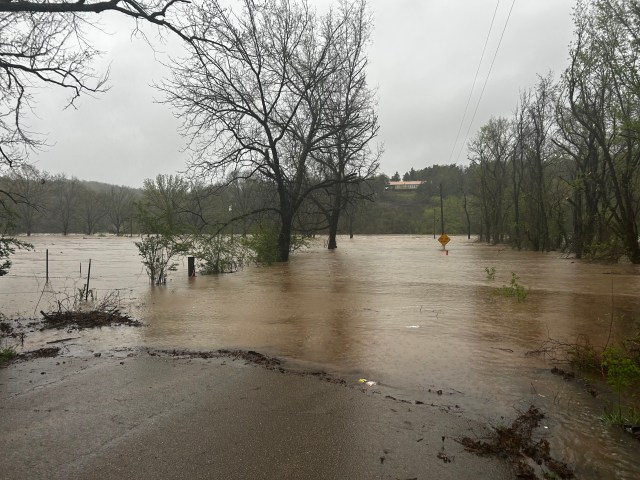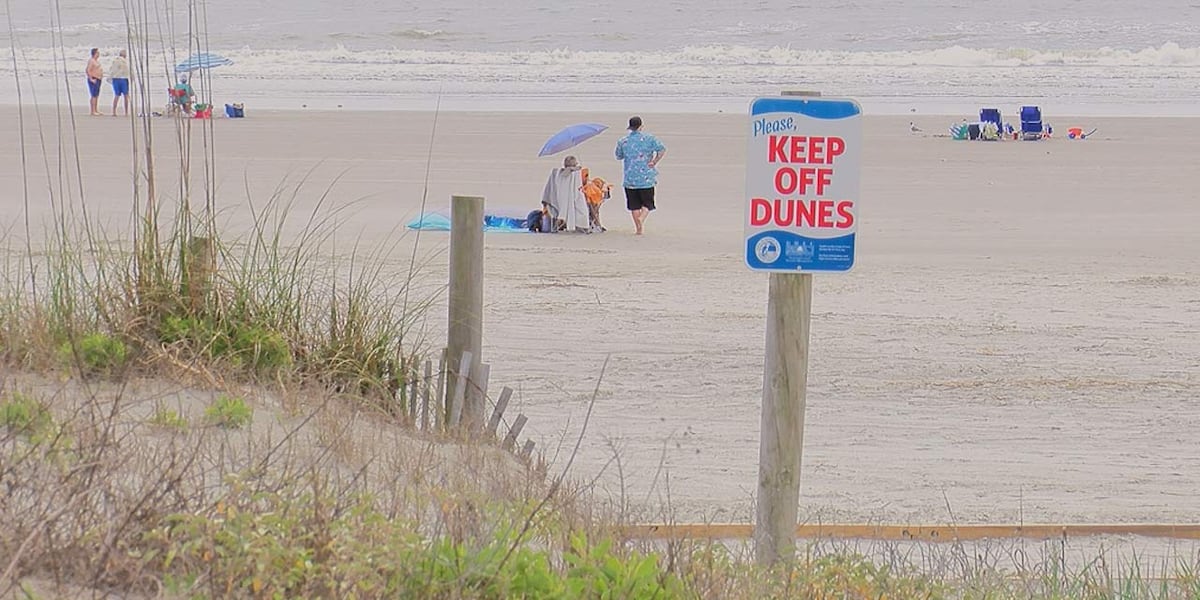
Coastal Conservation: Kiawah Island Unveils Groundbreaking Beach Protection Measures
In a thoughtful and deliberate effort to enhance coastal preservation, Kiawah Island is embarking on a comprehensive year-long process to refine and strengthen its dune protection regulations. The local government is carefully reviewing and proposing revisions to an existing ordinance, with a specific focus on providing clearer, more robust safeguards for the island's critical primary dune system. This meticulous approach demonstrates the community's commitment to environmental conservation and sustainable coastal management. By taking a measured, strategic approach to updating the ordinance, Kiawah Island aims to ensure the long-term protection of its fragile coastal landscape while balancing the needs of residents and the natural ecosystem. The proposed changes will likely involve more precise language defining dune protection zones, establishing stricter guidelines for development near these sensitive areas, and creating more comprehensive mechanisms for preserving the island's natural coastal defenses. Residents and environmental experts are expected to be actively involved in the review and refinement process.



